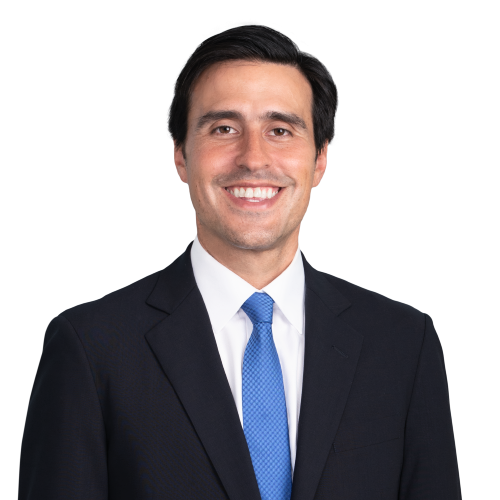Court Finds that False Claims Act Suit Alleges Uninsurable “Willful Acts”
A federal court has ruled that a whistleblower suit under California’s False Claims Act alleged a “willful act” that cannot be covered by liability insurance.
In Office Depot Inc. v. AIG Specialty Insurance Company, Case No. 15-02416 (C.D. Cal. June 6, 2016), the Court dismissed Office Depot’s coverage claims and found that the insurer owed neither a duty to defend nor indemnify Office Depot against a whistleblower suit under the California False Claims Act. The insurer, AIG Specialty Insurance Company (“ASIC”), represented by Carlton Fields, issued two consecutive policies to Office Depot providing a total of $30 million in coverage for, among other things, multimedia liability.
In March 2009, David Sherwin filed a qui tam lawsuit against Office Depot on behalf of more than 1,000 California state and local government entities (the “Whistleblower Suit”). The Whistleblower Suit asserted a single count under the California False Claims Act and alleged that Office Depot employed a “variety of underhanded pricing practices” to defraud California public entities. Office Depot paid $68.5 million to settle the Whistleblower Suit.
Office Depot sought coverage for the settlement of the Whistleblower Suit under the multimedia liability coverage of the ASIC policies. ASIC determined that the Whistleblower Suit did not trigger the policies’ insuring agreements and, in any event, was barred by numerous exclusions. Office Depot disputed ASIC’s coverage determination and filed suit on April 2, 2015, seeking reimbursement for $30 million of the settlement amount. Office Depot also alleged that ASIC violated the implied covenant of good faith and fair dealing.
ASIC moved to dismiss the suit based on Section 533 of the California Insurance Code, which bars insurers from insuring the willful acts of the policyholder. Office Depot argued that the Section 533 did not apply, as the scienter requirement for a False Claims Act claim encompassed both uninsurable “willful” conduct and insurable “reckless” conduct.
The Court disagreed and found that Section 533 relieved ASIC of any duty to defend or indemnify Office Depot for the Whistleblower Suit. The Court noted that “when a party makes a reckless misrepresentation with the intent of inducing the other party’s reliance, the party’s reliance is the intended result.” Order, p. 9 (internal citations omitted). The Court reasoned that “[b]y requiring that the false claim be submitted for payment and approval, a False Claims Act violation necessarily requires the intent to induce reliance.” Thus, Section 533 applied to bar coverage for the Whistleblower Suit. The Court did not rule on whether Office Depot’s bad faith claim was viable absent coverage.
This is the first reported case addressing the applicability of Section 533 to a False Claims Act suit.



